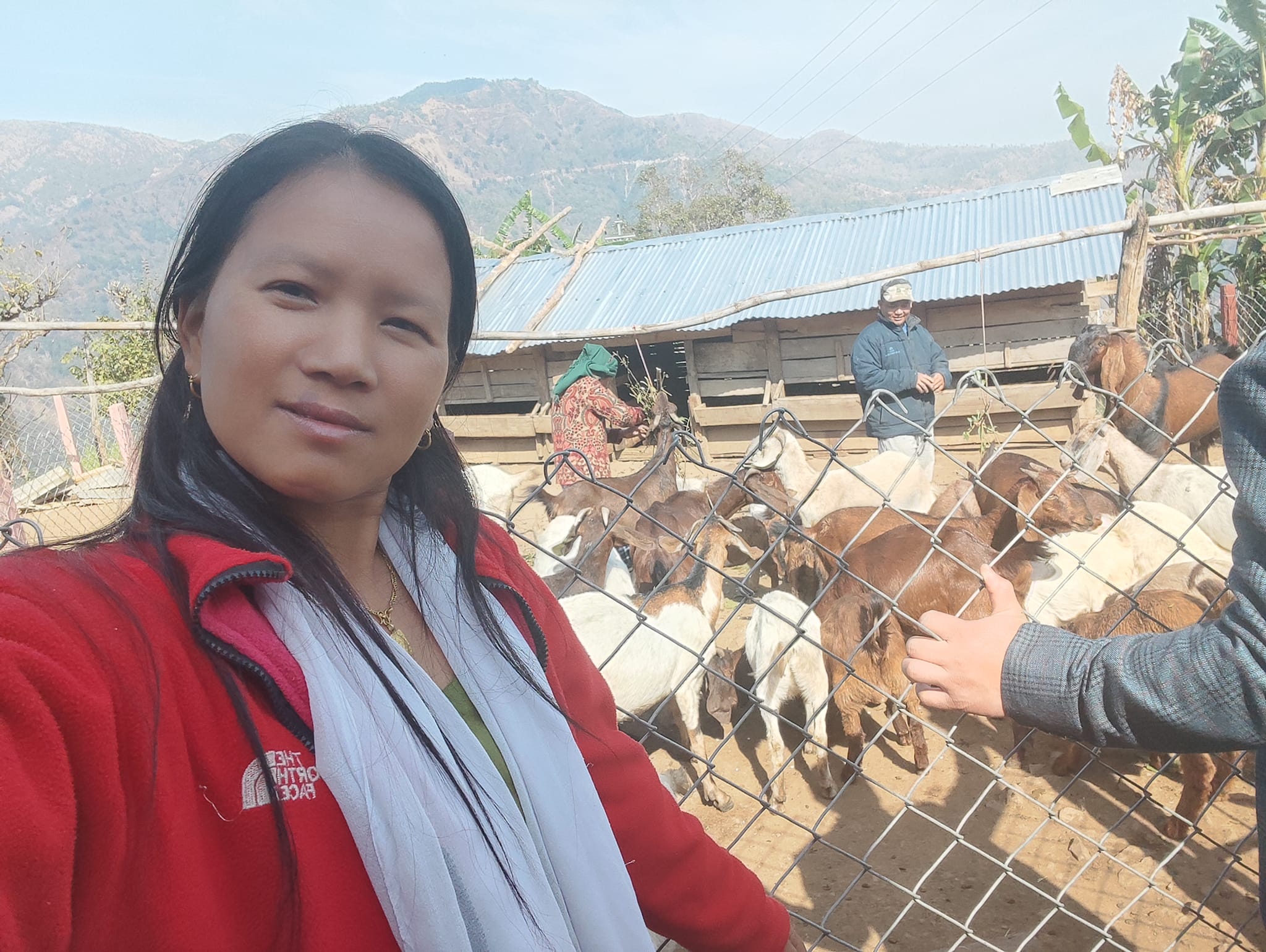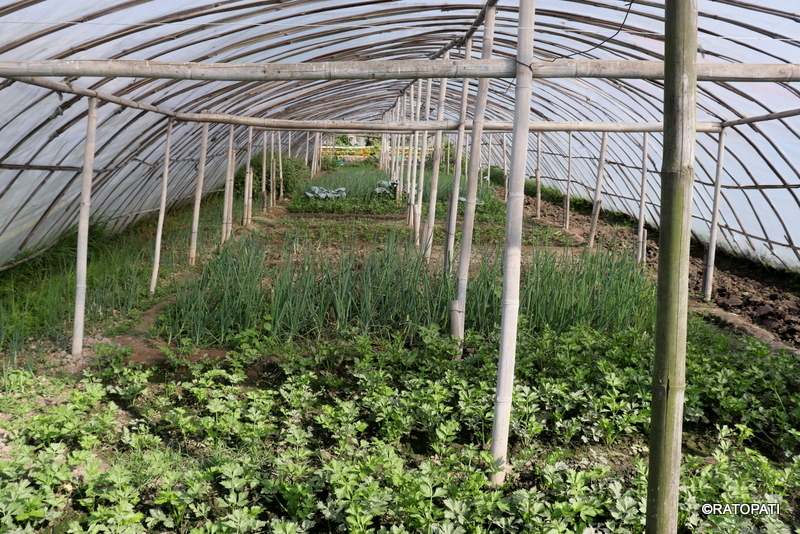
If life always went as planned, perhaps no one would ever choose suffering. Yet, time often forces people into unimaginable hardships. Deepa Rana from Gumi, Surkhet, is one such example. She witnessed her own legs being amputated — a pain and struggle beyond words, known only to her and her parents.
Today, Deepa Rana stands as a beacon of hope in Gumi, Surkhet, near Birendranagar and Chhinchu, where she has successfully led over 1,350 women toward transformation and new opportunities through cooperative efforts.
Once considered "half," Deepa is now a complete, empowered individual. Her father shares how seeing Deepa walk like any other person fills him with immense joy — something he once thought impossible.
By 7:30 AM, Deepa’s workday begins, answering calls from women members about cooperative matters. Though she appears like any regular person, her journey involves climbing steep paths and descending challenging terrains. The pain in her prosthetic legs persists, but Deepa has never allowed her physical discomfort to limit her dedication to the women’s cooperative movement.
Initially crawling with her hands to attend school, Deepa eventually received prosthetic legs with the help of various organizations. Although early attempts were not very effective, her current prosthetics have significantly improved her mobility. Only when removing them does she feel disabled.
Deepa recalls her hospital days in Banepa, Kavre, where few relatives came to visit, adding emotional hardship to her physical challenges. Even today, travel remains difficult for her ,her biggest concern during trips is the accessibility of toilets.
In 2010 (2067 B.S.), under Deepa's leadership, a Participatory Learning Center (PLC) was established to improve literacy among local women. The same year, she helped found a Small Farmers Agricultural Cooperative. By 2022 (2079 B.S.), the cooperative was officially transferred and affiliated with the former Small Farmers Development Bank (now known as Small Farmers Microfinance Financial Institution).
Despite facing personal and family discouragement from neighbors, Deepa remained resilient. "Had I listened to others, I would still be living as a helpless disabled woman," she says. Thanks to her unwavering courage, the cooperative has grown, even building its own office premises.
According to Assistant Manager Maya Sinjapati, who works alongside Deepa daily, her leadership not only manages operations but also motivates women members across rural villages. Many women have now become successful entrepreneurs, and Deepa frequently visits their farms to monitor and encourage their businesses.
Women express deep gratitude toward Deepa for linking them with income-generating opportunities through cooperative education and support.
Educationally, Deepa completed Grade 12 at Anand High School in her village and earned her Bachelor's degree in Nepali Language from Education Multipurpose Campus in Birendranagar, Surkhet. Teachers describe her success as a manager as a result of her dedication to learning and her strong belief in herself.
Carrying hope, energy, determination, trust, and self-confidence, Deepa has proven that even the most challenging circumstances cannot prevent progress. Despite many hurdles, she remains committed to her goals and has received several national and international awards recognizing her efforts.
While many leave villages for urban centers or migrate abroad for work, Deepa and her cooperative, Parivartan Women’s Small Farmers Agricultural Cooperative Ltd., are spreading the fragrance of labor, skill, and economic empowerment in Gumi, Surkhet.
Through the cooperative movement, they are not only fostering agricultural growth but also encouraging rural youth and women to believe that entrepreneurship and sustainable livelihoods are possible in their own communities.
This is just one example among thousands of success stories from the Small Farmers Agriculture Cooperative Movement, which now spans over 1,300 cooperatives across 77 districts of Nepal, empowering millions toward sustainable agriculture, livestock development, and economic independence.
Likewise there are numerous leaders in cooperative sectors of Nepal has make a significant impact in transforming rural economy through several agriculture and livestock related initiatives in Nepal
No comments yet.



